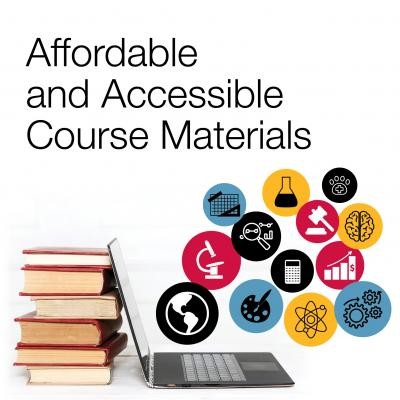
As we approach the fall 2020 semester, library staff are working hard to provide alternative access to the print course reserves collection. A significant portion of the books on reserve are print copies of required textbooks, and students cannot access them without coming into the library. To support instructors and students over the next several months, we are developing new approaches to how we acquire course textbooks, to ensure that students have access, even in a primarily online, alternative delivery environment.
However, this work is hampered by textbook publishers who do not provide electronic purchasing options for libraries. Approximately 85% of existing course textbooks are simply unavailable to libraries in any other format than print. Textbook publishers have built their profit models around selling e-textbooks directly to students. Despite this, we also know that the cost of textbooks and other course materials represent a major financial hurdle for students at the University of Guelph.
Despite the library’s commitment to make copies of all required textbooks and course materials available to assist those students who are unable to purchase their own, the following publishers will not allow us to purchase an e-textbook version of their publications:
- Pearson
- Cengage
- Houghton
- McGraw Hill
- Oxford University Press Canada (Textbook Division)
- Elsevier imprints (especially in veterinary and health science) such as:
- Elsevier Health Science
- Mosby
- Saunders
- Thieme
This means that in courses that have adopted textbooks by these publishers, students who do not purchase the textbook will not have any alternative access to the textbook content.
We are working with instructors to explore and identify viable textbook alternatives, including:
- Using an existing e-book in the relevant subject area from the library’s e-book collection or requesting that the library purchase one. There are many academic e-books that aren’t considered textbooks, and are therefore available for the library to purchase.
- Adopting an open educational resource (OER). OERs are freely available educational materials that are openly licensed to allow for re-use and modification by instructors.
- Creating an online course pack through ARES by:
- Posting individual book chapters or excerpts and scanned copies of the content, subject to copyright limitations. Copyright permission will be sought where feasible in cases where the excerpt falls outside of fair dealing guidelines.
- Linking to content from the library’s existing collection of electronic resources (e-books, journal articles, streaming media, and other digital materials) or acquiring new content whenever possible.
Efforts will be made to secure online materials that are free from digital rights management restrictions (DRM) in order to ensure unfettered student access. DRM includes limits on the number of users that can access a resource at any one time, as well as limits on copying, printing and downloading.
Instructors who are reactivating courses in the Ares Course Reserves system for the fall 2020 semester will be contacted about any print materials on their lists so alternative options can be identified. Any instructors teaching a fall course are also welcome to contact the library at any time for support with sourcing their course materials.
Questions?
Email us at library@uoguelph.ca.
- Ask Chat is a collaborative service
- Ask Us Online Chat hours
- Contact Us